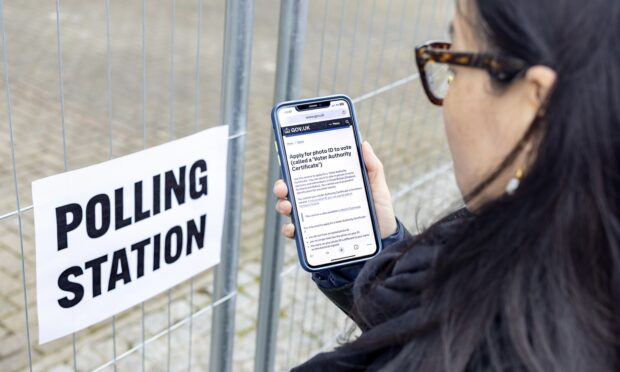London mayor Khan announces examination of digital policing to see if it affects principle of policing by consent
Credit: PA
The London Policing Ethics Panel is to review law enforcement’s use of facial-recognition technology as it has potential implications for the UK’s model of policing by consent.
The Greater London Authority’s Oversight Committee last month asked mayor Sadiq Khan to stop the Metropolitan Police Service (MPS) using facial-recognition technoligy until a legal framework for its use is established. The Met has previously deployed the tech at events including the Notting Hill Carnival, and the Remembrance Sunday ceremony at the Cenotaph.
The mayor has now responded to the committee, and assured its members that “the MPS is working hard to deliver an engagement strategy for future use of facial-recognition technology”. Khan added that he had received assurances from the Met “that a governance board will be established to directly oversee this work”.
Related content
- Home Office plots £5m project to equip police with facial-recognition software
- New investigatory powers commissioner to oversee all forms of government surveillance
- Regulator urges government to mandate NHS compliance with surveillance camera code
Khan said that he and his deputy mayor for policing and crime Sophie Linden will “continue to work with the MPS on this technology as the trials progress”. He added that the London Policing Ethics Panel – an independent body set up by the mayor – will take a closer look at the impact of various aspects of digital policing, including facial-recognition technology.
“The panel’s view is that digital technologies facilitate higher degrees of surveillance and more extensive data-searching capabilities, and that these have the scope to affect policing by consent,” Khan added.
Len Duvall, chair of the GLA oversight committee, said that the panel’s decision to examine the use of facial recognition was “good news”.
“The committee was concerned that the Met has been trialling facial recognition technology, at Notting Hill Carnival for example, without the public really knowing about it,” he said “We believed the Met risked losing the public’s trust if it introduced intrusive technology like this, without public consent.”
Duvall added: “Policing by consent is an important principle within our society and is not just a tick box exercise. It’s also good to hear the Met is developing an engagement strategy for the use of facial recognition technology.”




Muchas gracias. ?Como puedo iniciar sesion?